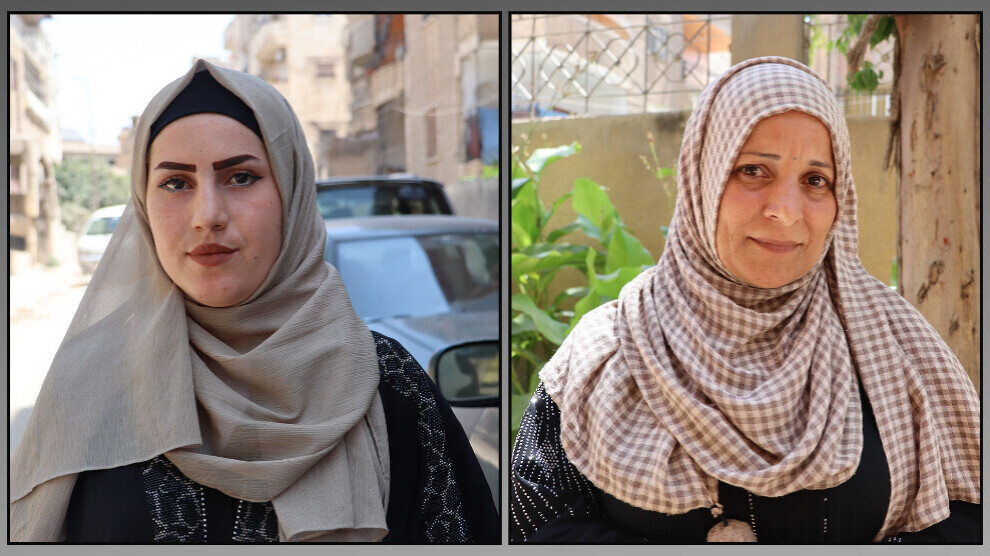Crimes against humanity in Syria: Women demand justice
Women of Raqqa urged the international community to prosecute those responsible for recent massacres in Latakia and Sweida, emphasizing, “The Syrian people are united, no force can divide us.”

NUR EL-AHMED
Raqqa– Women in Raqqa Canton of North and East Syria condemned the recent wave of massacres and sectarian policies in the country, urging international action to hold accountable those responsible for crimes committed—particularly against women and children—in Latakia and Sweida.
They denounced the extremist group Hayat Tahrir al-Sham (HTS) for promoting sectarian conflict and hate speech, warning that such an ideology poses a risk of the resurrection of the mindset of ISIS.
‘The same mindset, different rule’
Baraa al-Jasim, a resident of Raqqa, said the massacres targeting the Druze community in Sweida were no different from previous attacks on Alawites.
“These massacres have been carried out, targeting civilians, including children and women. Human rights and children’s rights are completely violated,” she said.
Recalling Syria’s long history of cultural diversity and peaceful coexistence, Baraa al-Jasim warned that people from different ethnic and religious groups using different languages “are now being deliberately targeted” to divide them.
Syria’s interim government has adopted the same mindset of the Baathist regime, Baraa al-Jasim stressed, describing the international community’s silence as “a shame on humanity” and demanding a pluralistic, decentralized constitution that guarantees the rights and freedoms of all Syrians.
‘We have lived in fraternity for thousands of years’
Nur Ali Abdullah said the attacks in Latakia and Sweida were carried out for sectarian reasons and added, “For thousands of years, we have lived in fraternity on this land. During the crisis, we support each other against our shared suffering. We will not allow anyone to divide us.”
Highlighting the rise of insecurity and instability in some parts of Syria, Nur Ali Abdullah warned that the situation might push the country back to the brink of war. “Enough is enough—we do not want war anymore. A pluralistic and decentralized system must be implemented across Syria,” she said.
‘Different identities must never become a reason for conflict’
Nur Ali Abdullah thinks that the system embracing all identities in northern and eastern is the best model for Syria. “People from different ethnic and religious identities have a say in the region. Our identities and languages must never become a reason for new crises or conflict.”
